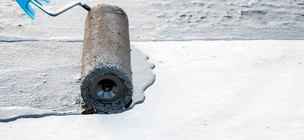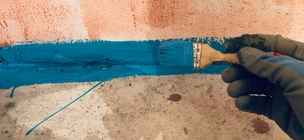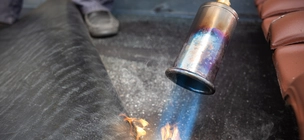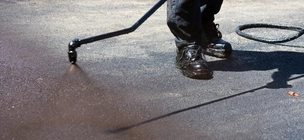Water damage is one of the most complicated problems to fix in homes. You often need an extensive renovation because the issue is barely noticeable until there’s significant damage. You can avoid these troubles by waterproofing your home.
What is home waterproofing?
Waterproofing involves using waterproof membranes, sealants, and materials on roofs, walls and basements. Waterproofing prevents water entry, reduces humidity and excessive moisture buildup.
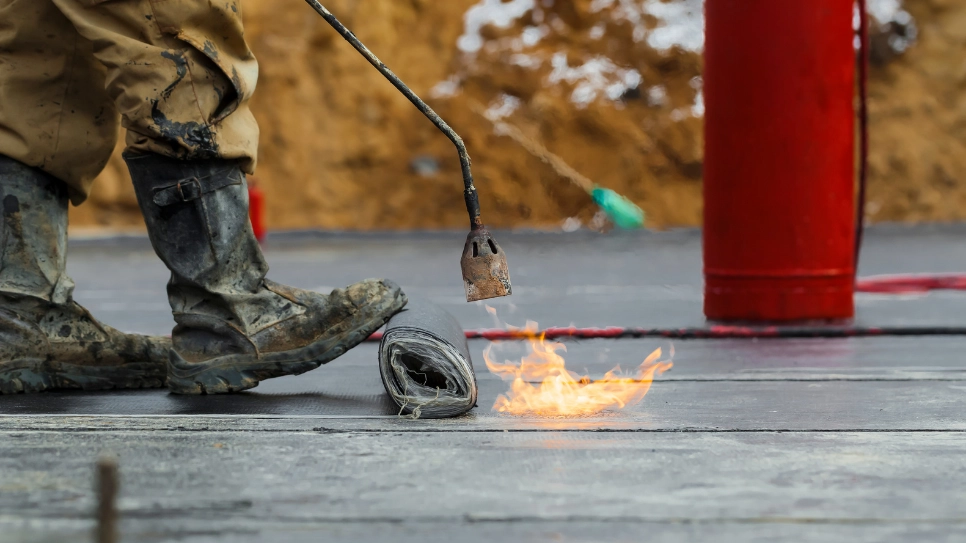
Why is home waterproofing important?
Waterproofing protects your home from rotting, structural weakening, or structural collapse.
In high rainfall areas such as Limpopo, Mpumalanga, KwaZulu Natal and parts of the Eastern Cape, waterproofing is a must.
If you don’t live in a high rainfall area, you might not need a comprehensive waterproofing solution. But, some waterproofing will prevent unchecked moisture from causing damage.
When does your home need waterproofing?
You should waterproof your home for added peace of mind. But, if your home is showing these signs, it’s time to call the professionals:
- moisture dripping through the walls
- wet walls (especially in the basement)
- roof tiles falling and disintegrating
- rusted piping and metal fixtures
- mould and mildew
- rotting wood
Types of waterproofing
Cement coating
Waterproofing with cement is easy to apply and is affordable, but it's also the least flexible. It is usually recommended for basements and foundations.
Liquid membrane
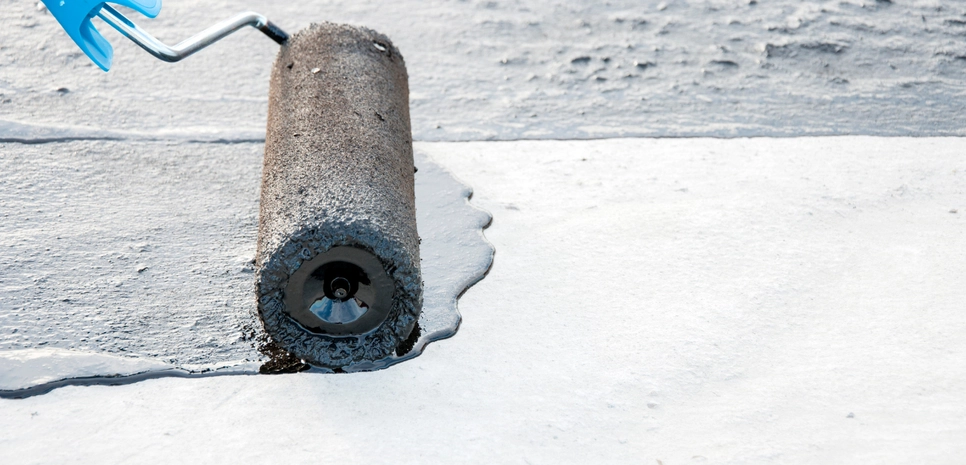
Liquid membranes are spray or hand applied (brushed with a roller) onto surfaces. They are seamless, flexible and can be applied quickly. Liquid membranes are made of plastic polymers and are used on flat roofs, balconies and surfaces exposed to weathering.
Bitumen waterproofing
Bitumen (asphalt) is a sticky and viscous substance, with great endurance, resistant to extreme weather conditions.
Get free quotes for Bitumen waterproofingSpraying surfaces with bitumen is also referred to as bitumen coating. These emulsions are quickly applicable but are not UV resistant. Bitumen spraying is an excellent choice in concrete foundations.
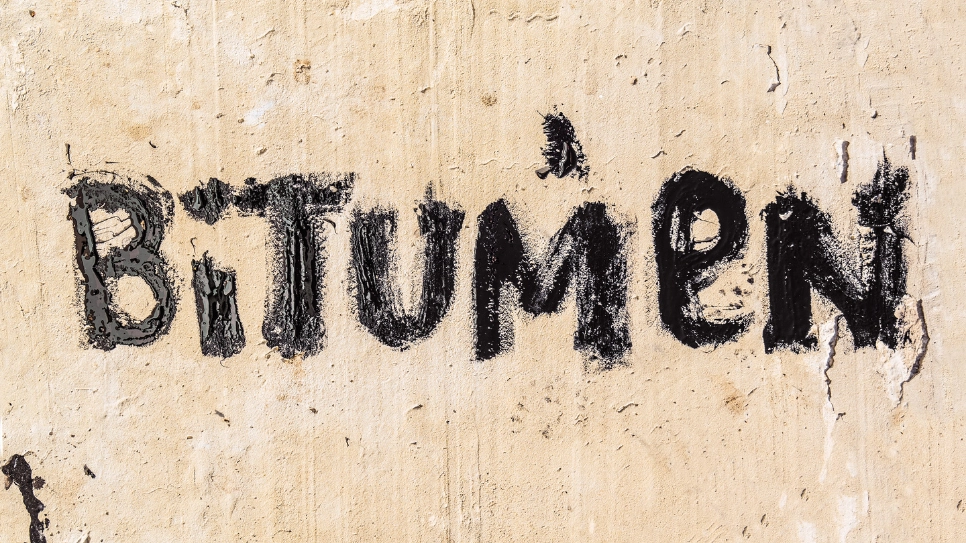
Bitumen membrane sheets, on the other hand, are perfect for waterproofing roofs, basements, below-ground structures. Sheets are unfolded and laid on the surface with tar-based adhesives using blowtorches. The material is very affordable, but it is not considered eco-friendly, since it is made out of crude oil.
Get free quotes for Torch-on waterproofingSpaces and areas in your home that need waterproofing
Your roof, basement, balconies, decks and walls, should be your primary focus when waterproofing. You should also damp proof your home.
Roof
The roof is the most vulnerable part of a home regarding water damage. Rain seeping through your roof can cause your roof trusses to rot, which compromises the structure and the safety of anyone living under it.
Stagnant water on the roof tiles or in the gutters is another major cause of water damage for South African homeowners. Especially after the autumn months when leaves impede the flow.
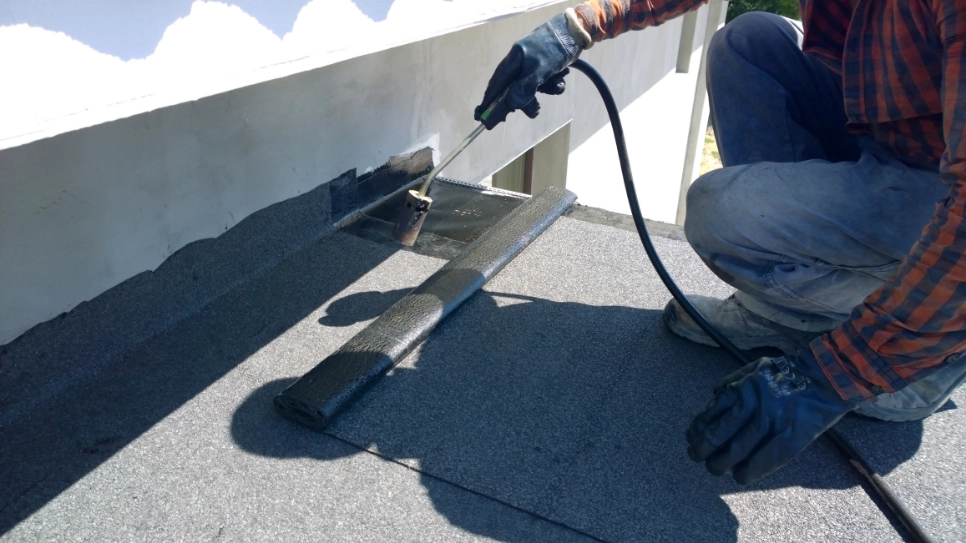
Waterproofing is applied as a protective coating over the roof or installed under it, as part of the roof frame. Waterproofing professional will recommend the best products and methods depending on the roof type and climate.
On roofed tiles installing a plastic sheet under the tiles is the go-to way. For concrete roofs and corrugated iron roofs, bitumen is the preferred waterproofing method.
Get free quotes for Roof WaterproofingBasement
Waterproofing a foundation from the outside involves using polymers and membranes to coat the exterior of the wall. It is the most effective, but also labour intensive way. Waterproofing from the inside is more cost-effective and less disruptive.
Get free quotes for Basement waterproofingBathrooms
Bathrooms and laundry rooms are exposed to water every day. Waterproofing will prevent excess moisture buildup, leaks and limit mould and mildew growth. Increasing ventilation will also draw any moist air out of the room.
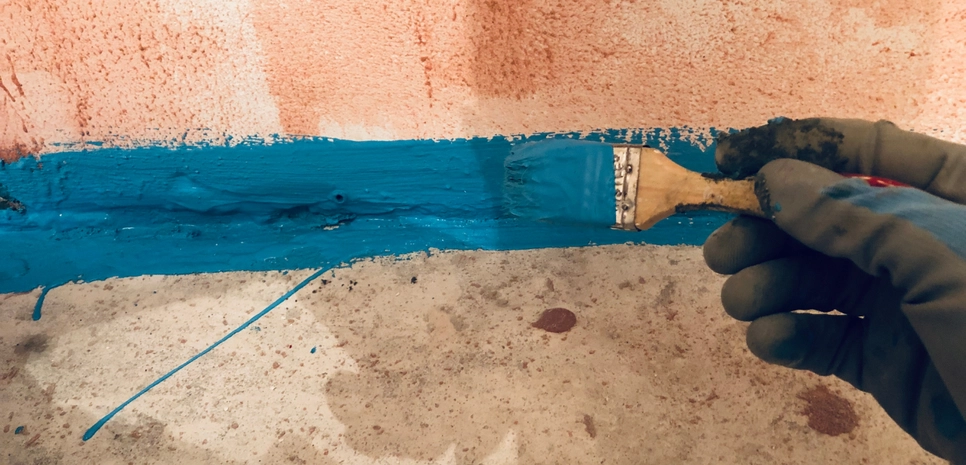
Sealed materials, non-porous tiles, and water-resistant paint on the walls are the best ways to waterproof a bathroom. Apply waterproofing before tiles are laid, using a combination of sheet and paint-on liquid membranes.
Kitchen
The counters, backsplash, and sink should be made waterproof by treating the surface and sealing the joints. Treating the area around the stove and the cabinets will stop steam from causing any water damage.
Dampproofing
Damp-rising problems are among the most frequent problems encountered in houses. Damp proofing is intended to keep out soil moisture. It is usually done with asphalt-based coating, applied to the outside of the wall.
The cost of waterproofing
Each waterproofing project will have different requirements, so quotes will differ significantly. Below are some prices for a waterproofing companies and contractors.
| Cost | |
|---|---|
| Installation - Labour Cost | R 70 - R250/sqm (avg - R160/sqm) |
| Torch-on waterproofing | R200 - R400/sqm (avg - R300/sqm) |
| Bitumen spray-on waterproofing | R300 - R500/sqm (avg - R400/sqm) |
| Cement waterproofing membrane (10m x 250mm) | -/+ R80 |
| Waterproofing membrane (20m x 1m x 150mm) | -/+ R1000 |
| Torch-on waterproofing membrane (10m x 1m x 4mm) | -/+ R750 |




